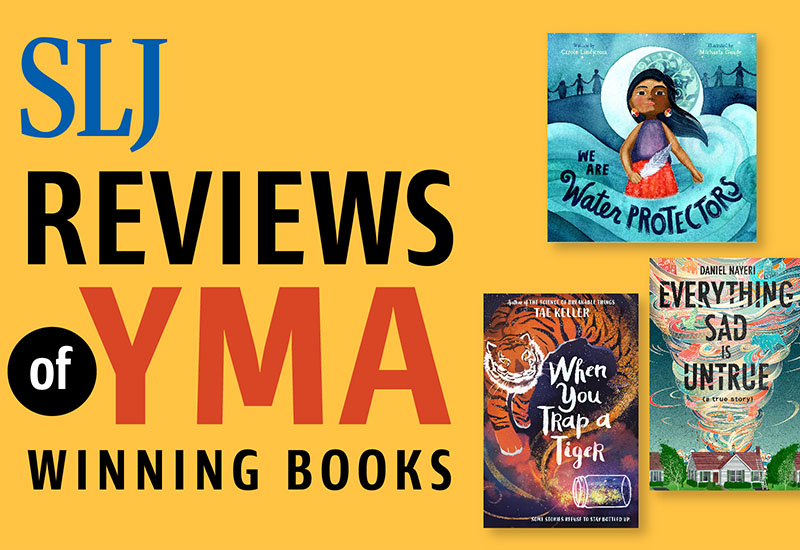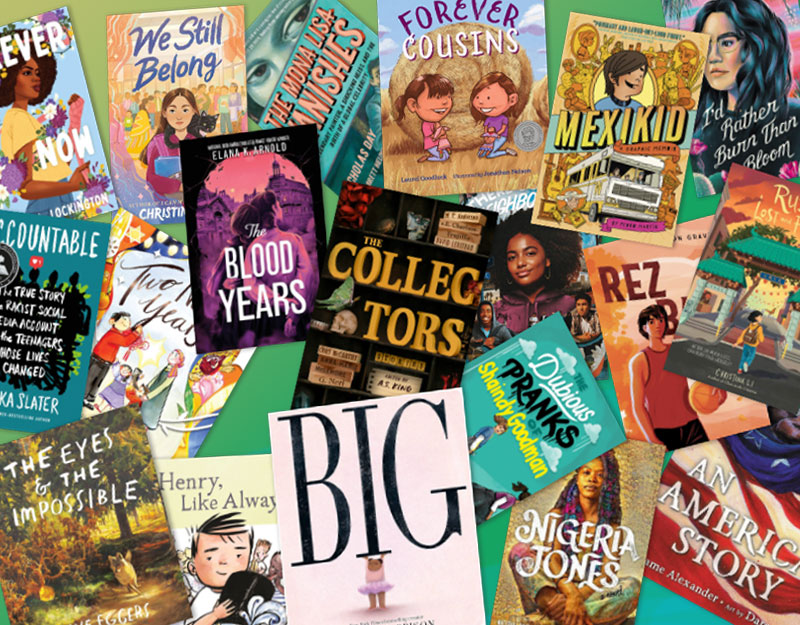This Memorial Day, Create a Military History Book Club

What I love about the world of books for youth is that I am consistently amazed and impressed by the sheer variety of topics out there. For this Memorial Day, I was approached by Marc Aronson, author and professor, about an idea that he and some of his students can been cooking up. He said:
In the fall of 2018 I taught a small class on Young Adults Reading and Literacy to Master’s student in the library program at Rutgers University. I learned that, by coincidence, four out of the seven women had a direct connection to the military — indeed two had lived overseas for many years during their husbands’ postings. I decided to work with them on a project I have long thought could be a real success in libraries (public or school) that serve middle grade and high school age young people: creating a military history book club. Susan Borbely, Laura Curry, Abigail Hsu, Amy Ledbetter, Leanne Ly ,Christina Stengele, and LuAnn Wright (some of whom have since graduated) ran with the idea. Together, and with insights contributed by our former dean, Dr. Jorge Schement, we created the material for the LibGuide you see here.
Creating any kind of a bookclub at all can be a lot of work, particularly if the focus isn’t on Fictional material. What struck me about this LibGuide is the sheer amount of work its students have poured into it. One passage on the Guide caught my eye in particular. It read:
ADVERTISEMENT
ADVERTISEMENT
We recognize that some librarians may feel uncomfortable with this idea either because they have not read widely in military history or due to a personal reluctance to “glamorize” war, violence, the military in general, and current or recent US combat engagements, and a related concern that members of their communities may have similar strongly-held views. The purpose of these clubs is neither to encourage nor to discourage military service. Rather, it is to provide easy-to-implement opportunities for young people to explore an interest they already have, making use of resources in the library, shared discussions, and adult guidance to deepen their understanding. The clubs will show these young people that the library notices them and seeks to serve them. In turn, we see many intergenerational opportunities for such a club, from visits from veterans, experts, and reenactors to participation from parents and other elders who share this interest.
And then:
What Military History ISN’T:
Military History isn’t a glorification of war, or propaganda to join the Armed Forces. It’s not teaching youth how to be soldiers.
What Military History IS:
Military History is an aspect of history that focuses on the conflicts between countries. It studies leadership qualities, tactics, strategies, and military matériel involved in those conflicts. It can also cover conditions in society during those conflicts such as social prejudices, propaganda, and advancements in technology. It can focus narrowly or broadly depending on the interests of the reader.
We see our models as giving librarians tools to create their own versions of a high interest YA book club. These are a start, and as librarians put them to use the concept will surely be modified and refined to suit their own communities.
I would like to thank the students that saw this need and created this guide for the rest of us. Thanks to Susan Borbely+, Laura Curry, Abigail Hsu, Amy Lebetter+, Leanne Ly, Christina Stengele+ and LuAnn Wright+.
+ = student has direct connection to the military herself; Amy and LuAnn have lived in many parts of the world as Navy wives. Christina’s husband and Susan’s fiance are in the service. LuAnn took the lead in making contact with the Rutgers military and Veterans folks.
Filed under: Guest Posts
About Betsy Bird
Betsy Bird is currently the Collection Development Manager of the Evanston Public Library system and a former Materials Specialist for New York Public Library. She has served on Newbery, written for Horn Book, and has done other lovely little things that she'd love to tell you about but that she's sure you'd find more interesting to hear of in person. Her opinions are her own and do not reflect those of EPL, SLJ, or any of the other acronyms you might be able to name. Follow her on Twitter: @fuseeight.
ADVERTISEMENT
ADVERTISEMENT
SLJ Blog Network
Name That LEGO Book Cover! (#53)
Exclusive: Vol. 2 of The Weirn Books Is Coming in October | News
Fighting Public School Book Bans with the Civil Rights Act
Take Five: Middle Grade Anthologies and Short Story Collections
ADVERTISEMENT








Thank you very much for dedicating your blog today to this topic. I am not surprised that Marc Aronson, one of our greatest writers of informational books for young people, is involved in this project. I do find it a little sad that the goals of the book club have to stipulate that its intention is not propaganda or glorification of war. I understand why this approach may be necessary, given that some conflicts in U.S. history have been unpopular and even immoral. At the same time, it reminds me of the fact that, during the Vietnam War, the right wing in our country succeeded in appropriating the American flag, to the point where it became a symbol, not of patriotism, but of support for that war. Over the course of American history, men and women have given their lives to protect the values of freedom and democracy. I hope that, as we approach the 75th anniversary of D-Day, students and educators are able to meaningfully commemorate the sacrifices which that event entailed.
Thank you. We agree that the military as an experience and as an area of interest should not be tied to any only view of a particular conflict or to any set of political beliefs. We honor those who serve, and we wanted to provide ways to feed the interest in things military that is widespread but is rarely if ever a focus of library programming. I will say that while the composition of that class was unusual, I suspect there are more family links between youth librarians and the military than is often discussed.